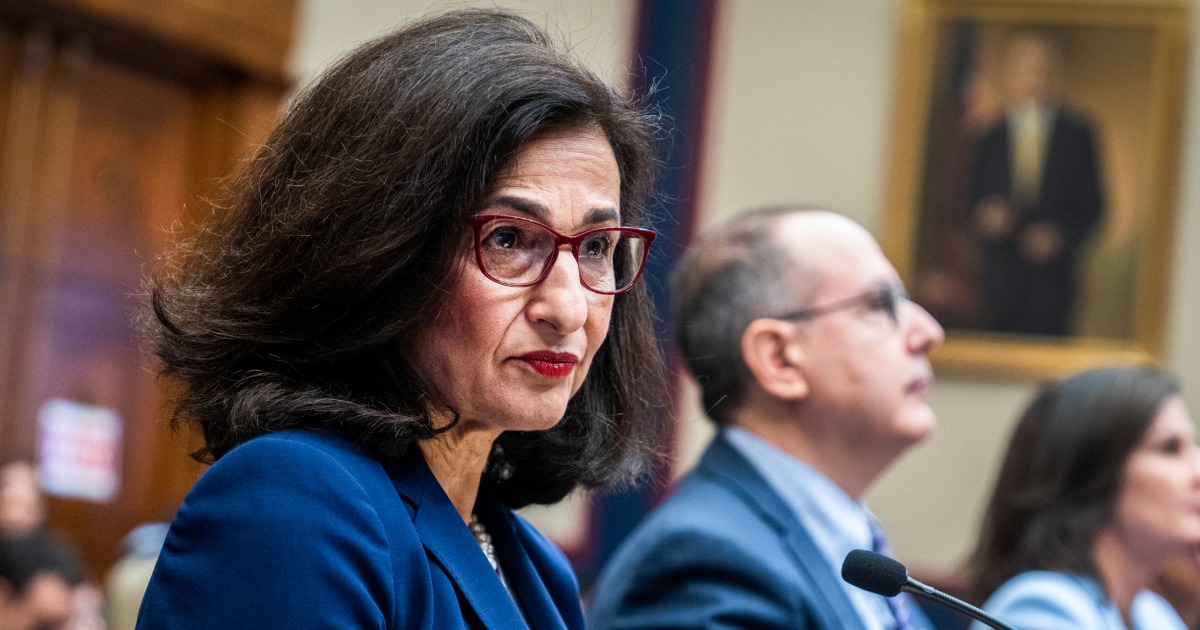Montana Public Radio (MTPR) recently discussed the lack of truthfulness in political advertisements. The topic was brought to light by a recent ad from a super PAC that contained misleading information about a candidate. This raised questions about why political ads are not required to be truthful.
According to MTPR, there is no legal requirement for political ads to be truthful. The Federal Communications Commission (FCC) prohibits broadcasting false information, but this rule does not apply to political advertisements. Instead, political ads are protected under the First Amendment, which guarantees freedom of speech. This means that politicians and political groups can make false or misleading claims in their advertisements without facing any legal consequences.
Despite the lack of legal consequences, the spread of misinformation in political ads can have serious consequences. False or misleading ads can influence voters’ perceptions and decisions, leading to the election of candidates who may not have the best interests of the public in mind. This raises concerns about the integrity of the electoral process and the role of media in informing the public.
In response to the issue of misleading political ads, some media outlets have taken steps to fact-check and verify the information in political advertisements. However, these efforts are not enough to prevent the spread of misinformation. Many voters may still be swayed by false claims, especially if they are repeated frequently in ads.
Overall, the lack of truthfulness in political ads raises important questions about the role of media in promoting informed decision-making and holding politicians accountable. While there may not be a legal requirement for political ads to be truthful, it is essential for voters to critically evaluate the information presented to them and seek out reliable sources of information.
Source
Photo credit news.google.com


